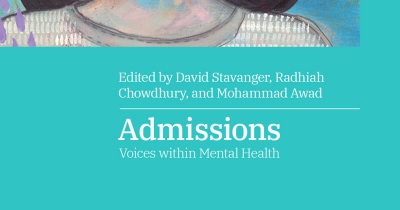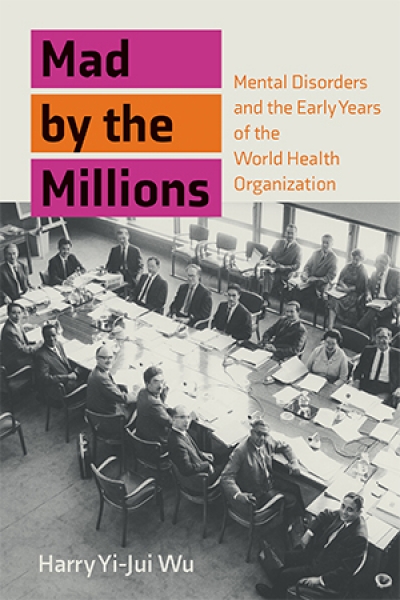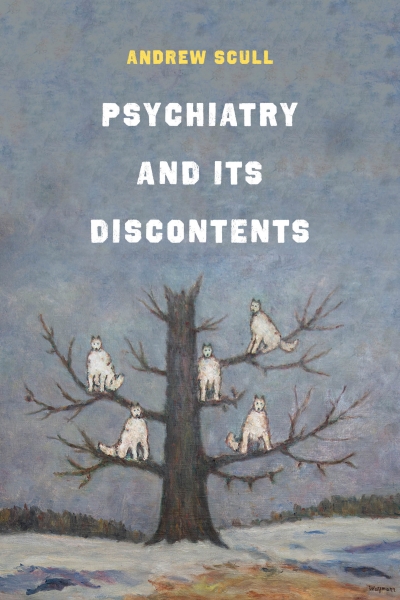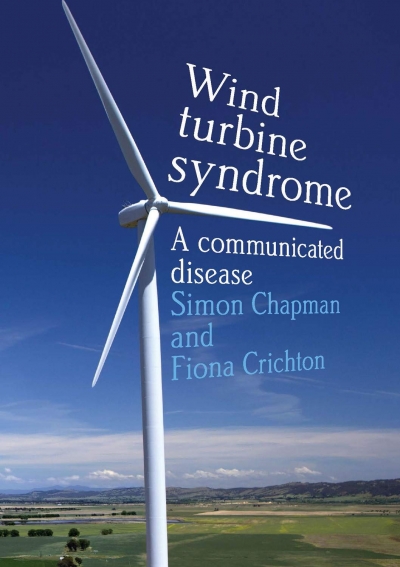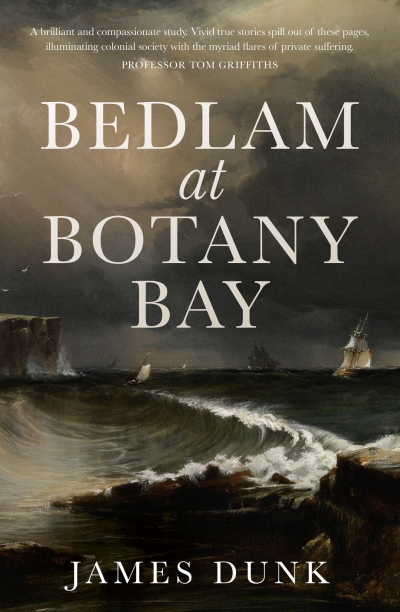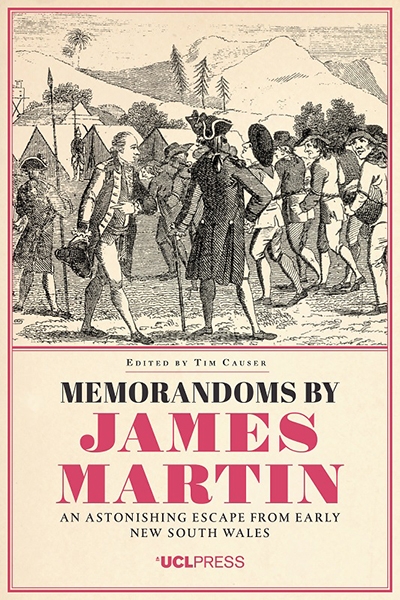James Dunk
Admissions: Voices within mental health edited by David Stavanger, Radhiah Chowdhury, and Mohammad Awad
by James Dunk •
In the middle of 2022 researchers at the Kirby Institute at the University of New South Wales announced that Covid-19 had infected more than half of Australia’s twenty-six million people. The number came not from polymerase chain reaction tests, nor from the results of rapid antigen home tests, but from the sampling of Australian blood banks. After all the tables, graphs, and pressers, the serosurvey demonstrated that the virus was everywhere among us and inside us, reconfiguring our bodies as well as our social and political worlds.
... (read more)Mad by the Millions: Mental disorders and the early years of the World Health Organization by Harry Yi-Jui Wu
by James Dunk •
Wind Turbine Syndrome: A communicated disease by Simon Chapman and Fiona Crichton
by James Dunk •
The Environment: A History of the Idea by Paul Warde, Libby Robin, and Sverker Sörlin
by James Dunk •
Memorandoms by James Martin: An astonishing escape from early New South Wales edited by Tim Causer
by James Dunk •
Dr James Barry: A woman ahead of her time by Michael du Preez and Jeremy Dronfield
by James Dunk •
Finding Sanity: John Cade, lithium and the taming of bipolar by Greg De Moore and Ann Westmore
by James Dunk •

